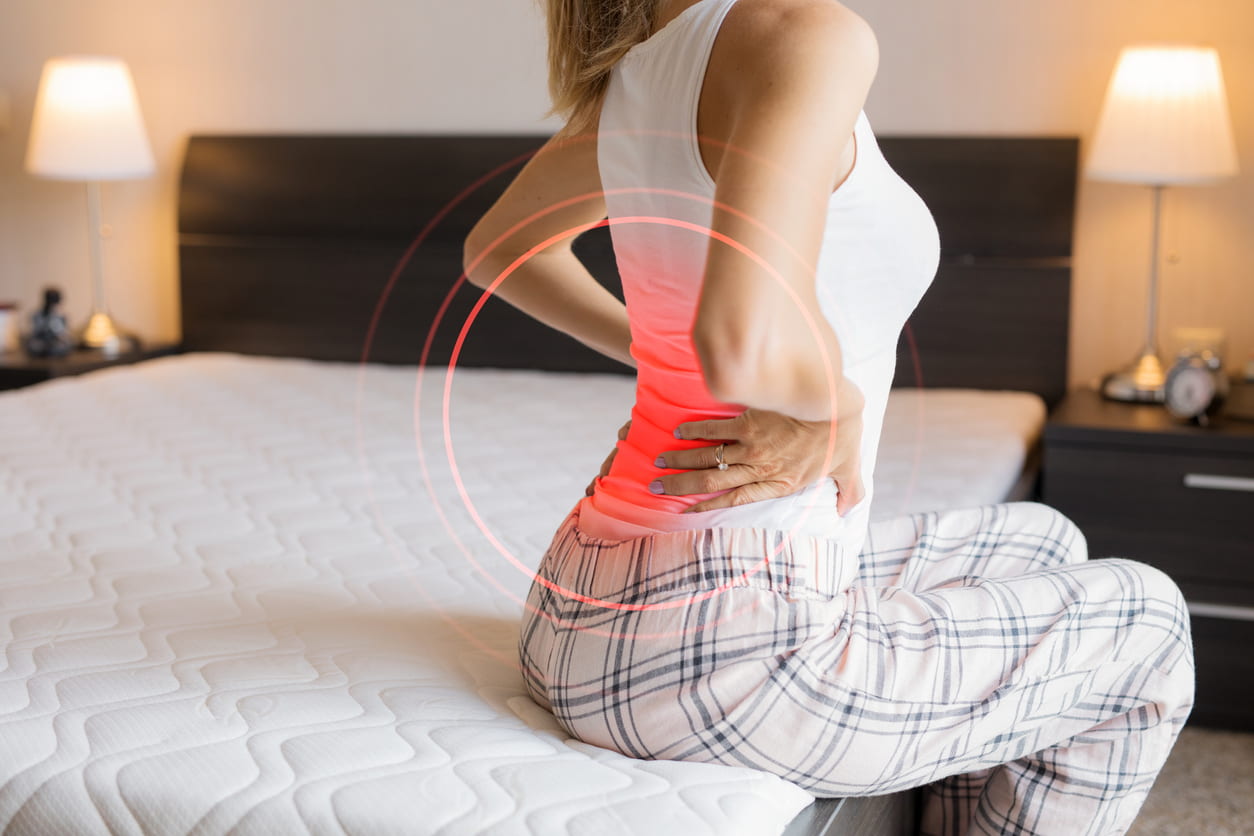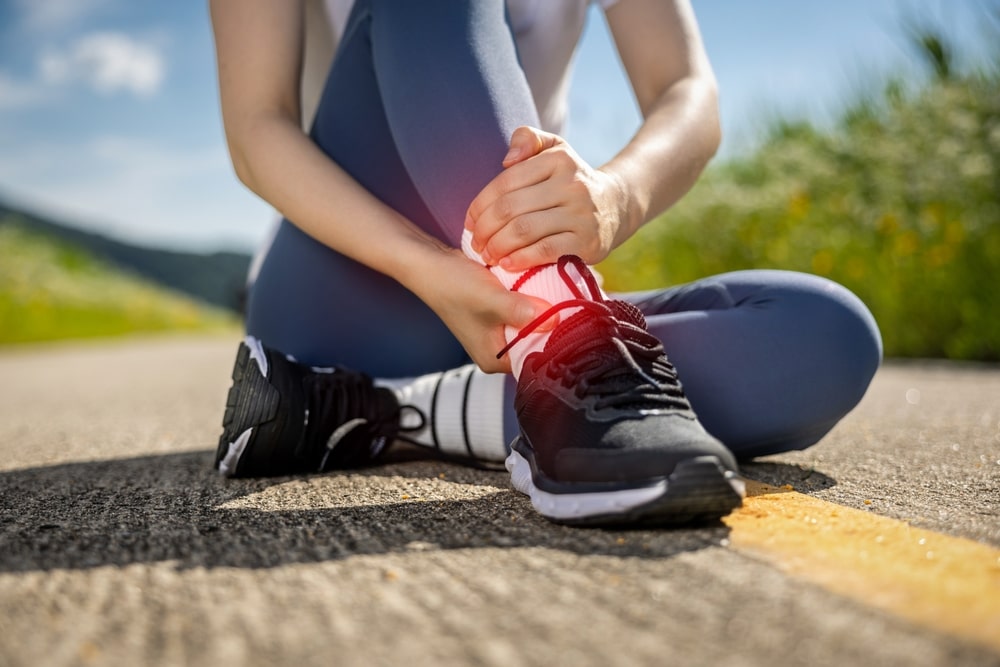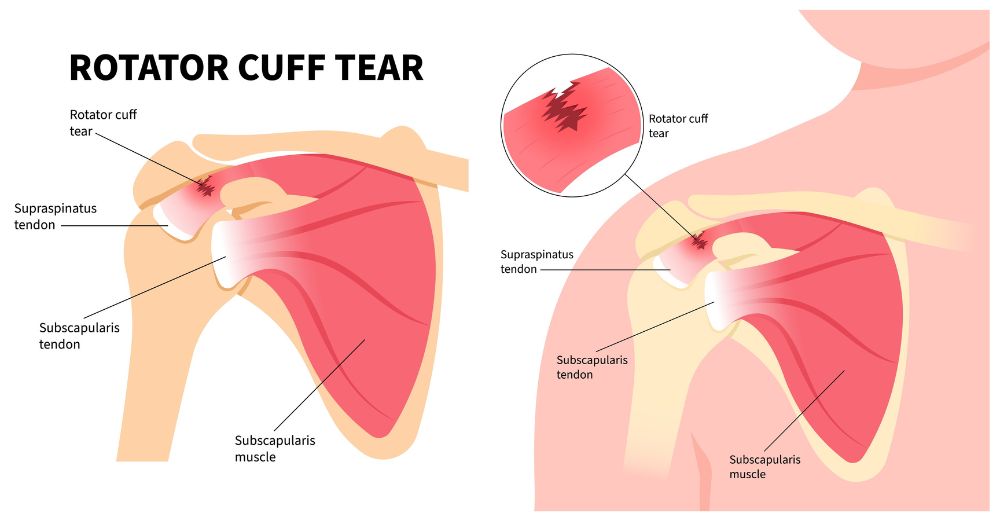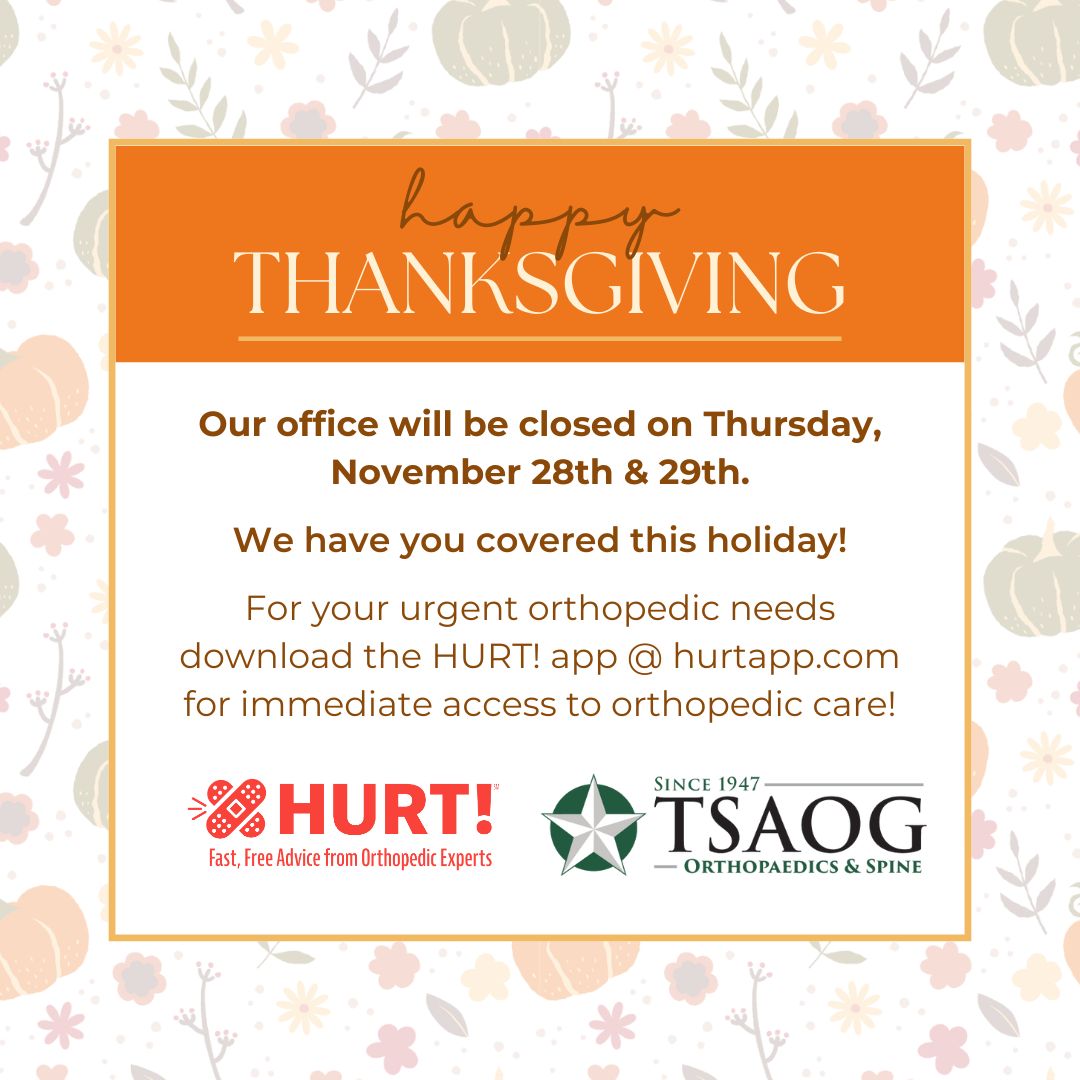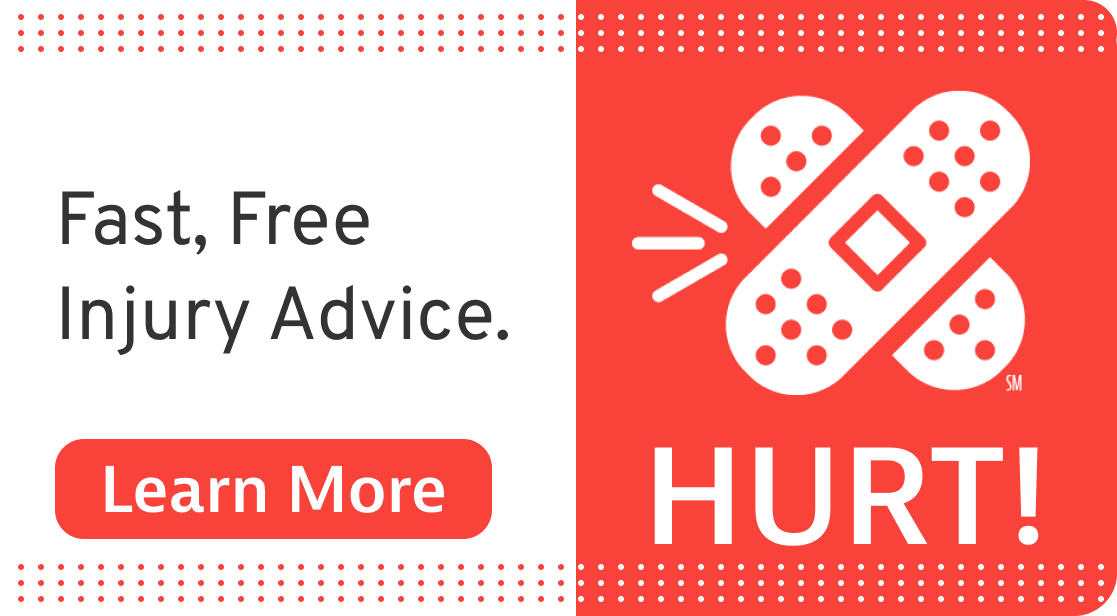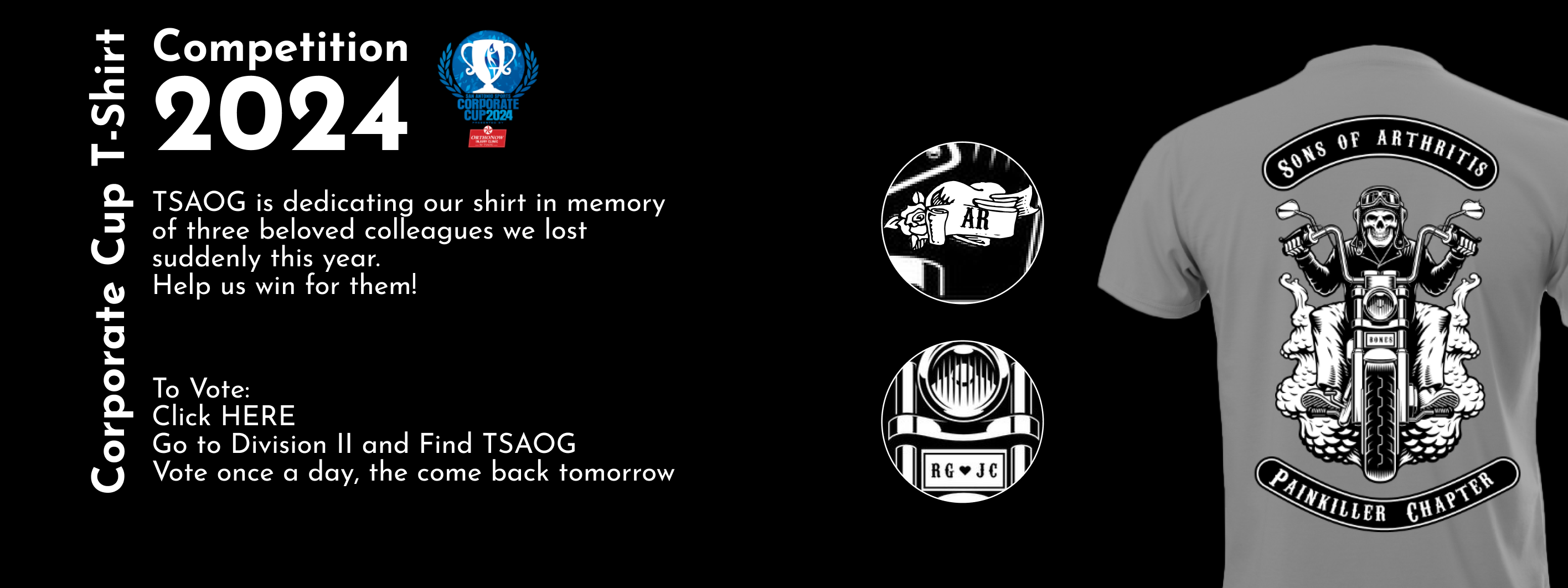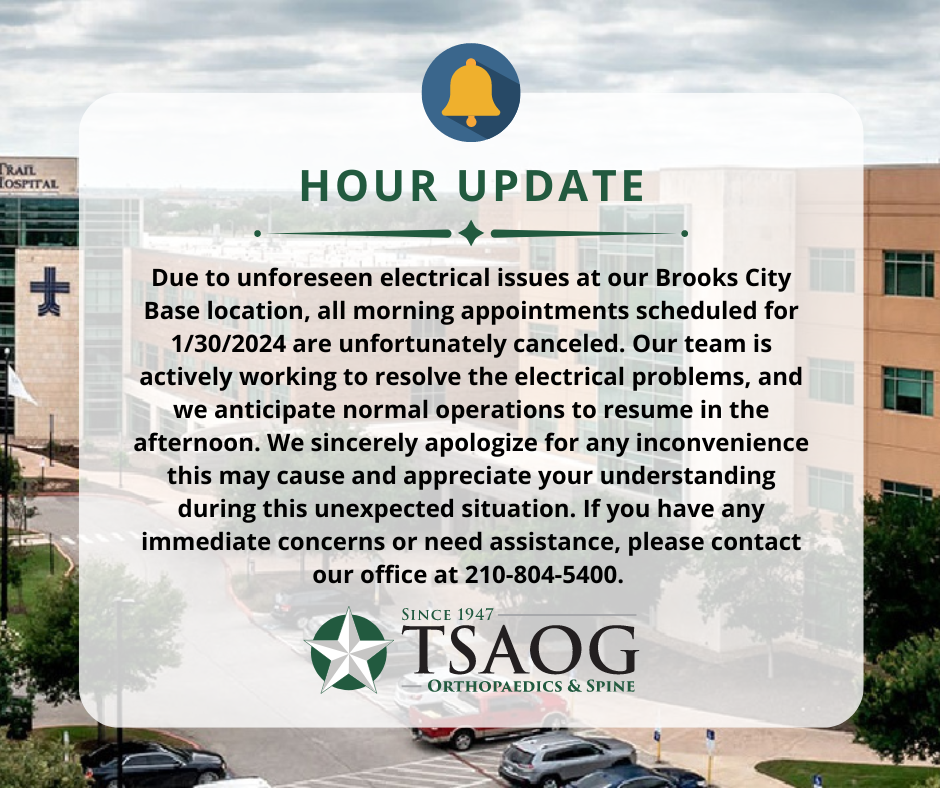Back pain is a common symptom during pregnancy due to multiple factors, including: weight gain, changes in posture, and sleeping positions. In addition, the changing hormone balance that relaxes the strong ligaments of the pelvis in preparation for childbirth can affect the back.
While back pain during pregnancy is no secret, many women also experience back pain after delivery. Many of the common causes of back pain during pregnancy continue after delivery, but there are also several unique reasons why new mothers experience back pain:
- Mothers pick up their babies a lot (dozens or even 50 or more times a day)!
- Mothers lift their babies from a bent over position and/or carry them on one side, placing excess and/or uneven strain on the back.
- Babies get heavier! Although most average around 7 pounds at birth, babies grow to nearly 20 pounds during the first 6 months.
- Some important stabilizing muscles of the back, pelvis, stomach, and thighs (all of which support the spine) are either too tight, too loose, or not in ideal condition after the rigors of pregnancy.
The good news is that most back pain that new Moms experience is temporary and can be relieved with a combination of stretching, exercises, weight loss, good habits, and simple changes in techniques.
STRETCHING & STRENGTHENING
The spine is a complex interaction of bones, muscles, tendons, and other tissues. After delivery many of the muscles that stabilize the spine are not in ideal condition. Hip flexors and hamstrings are two sets of powerful thigh muscles that are often too tight after pregnancy. A focused stretching regimen on these muscle groups can have a profound improvement on back pain.
On the other end of the spectrum, the abdominal muscles are often stretched out. These important core-stabilizing muscles, in addition to the large lumbar back muscles, will benefit from a focused strengthening program.
It is important to discuss with your physician when it is safe after delivery to return to exercise. Returning too early can cause more harm than benefit, regardless of method of delivery. Normally women who’ve had a C-section will need to postpone exercise longer. Once you are safe to begin a stretching and strengthening exercise program, a focused recommendation by your physician or physical therapist can provide dramatic improvement in post-partum back pain.
WEIGHT LOSS
Although weight loss immediately after delivery happens quickly, especially if you are breastfeeding, the rate often slows down over time. Don’t get frustrated! Just as the weight gain from pregnancy increased over many months, it will often take many months to get back to your ideal pre-pregnancy weight. One pound a week of weight loss is a reasonable goal. The good news is that each pound of weight loss vastly decreases the strain placed on the back.
SMART LIFTING
Sometimes it can be hard to remember proper lifting techniques, especially when the baby seems so small, but the way you lift can have a profound effect on your post-partum back pain. Key times to think about this are when taking your baby in and out of the crib, highchair, or car seat. Follow these safe lifting techniques for best results:
- Lift your newborn, or anything at ground level for that matter, from a straight on position. Lifting from a twisted or rotated position puts a huge amount of strain on your back.
- No straight arms or legs! If your elbows and knees are in a locked position, you are lifting wrong. While lifting, bend your knees to use your strong thigh muscles and bend your elbows to bring baby closer to your core.
- Flex your core stomach muscles while lifting, but avoid holding your breath. This gives extra stability to the back during lifting.
POSITIONING
Posture plays an important part of preventing or improving back pain for everyone, but is even more important after delivery. Having good firm support for your back while sitting, driving, and nursing are key. While nursing, make sure to bring the baby to you as opposed to bending over to the baby.
You should also avoid carrying the baby on one hip as this can strain the back.
WHEN TO SEEK MEDICAL ATTENTION
Most back pain after pregnancy is temporary and can be alleviated by following these recommendations. However, you should seek medical attention if your back pain:
- Persists longer than several weeks
- Radiates from your back to your legs or arms
- Involves numbness or weakness in the arms or legs
Additionally, if you notice changes in your bowel or bladder function, fevers, bleeding, or any other concerning symptoms, you should seek medical attention right away.
Looking for a Back Specialist in the San Antonio, TX Area?
